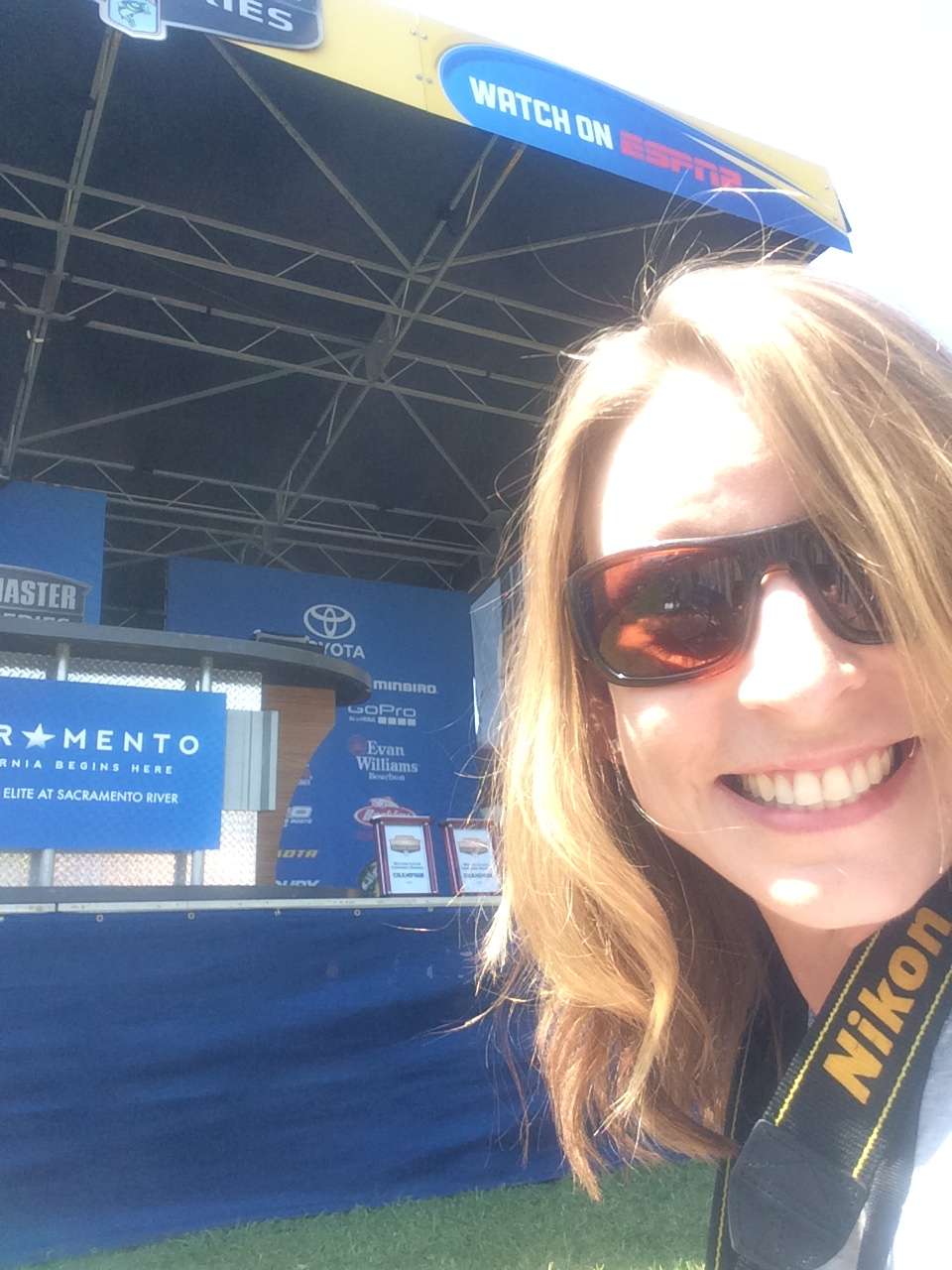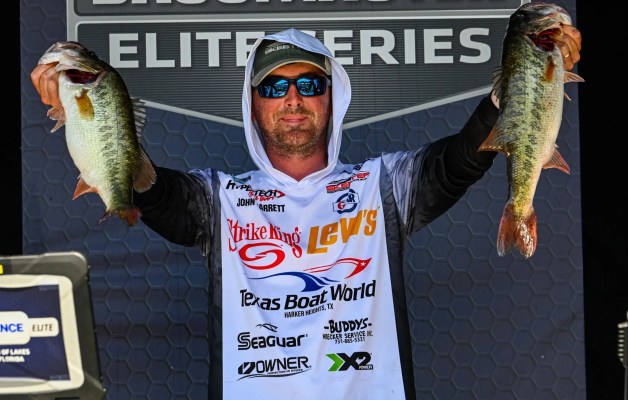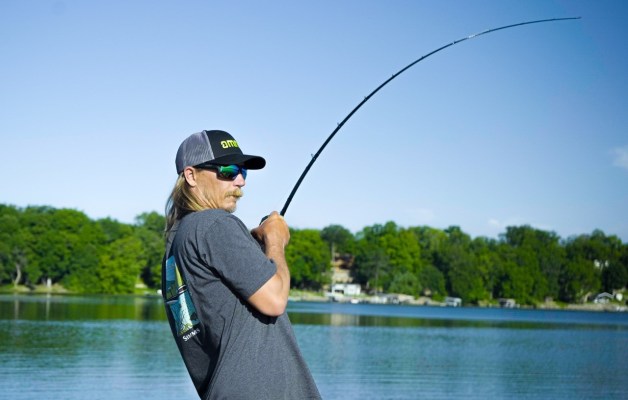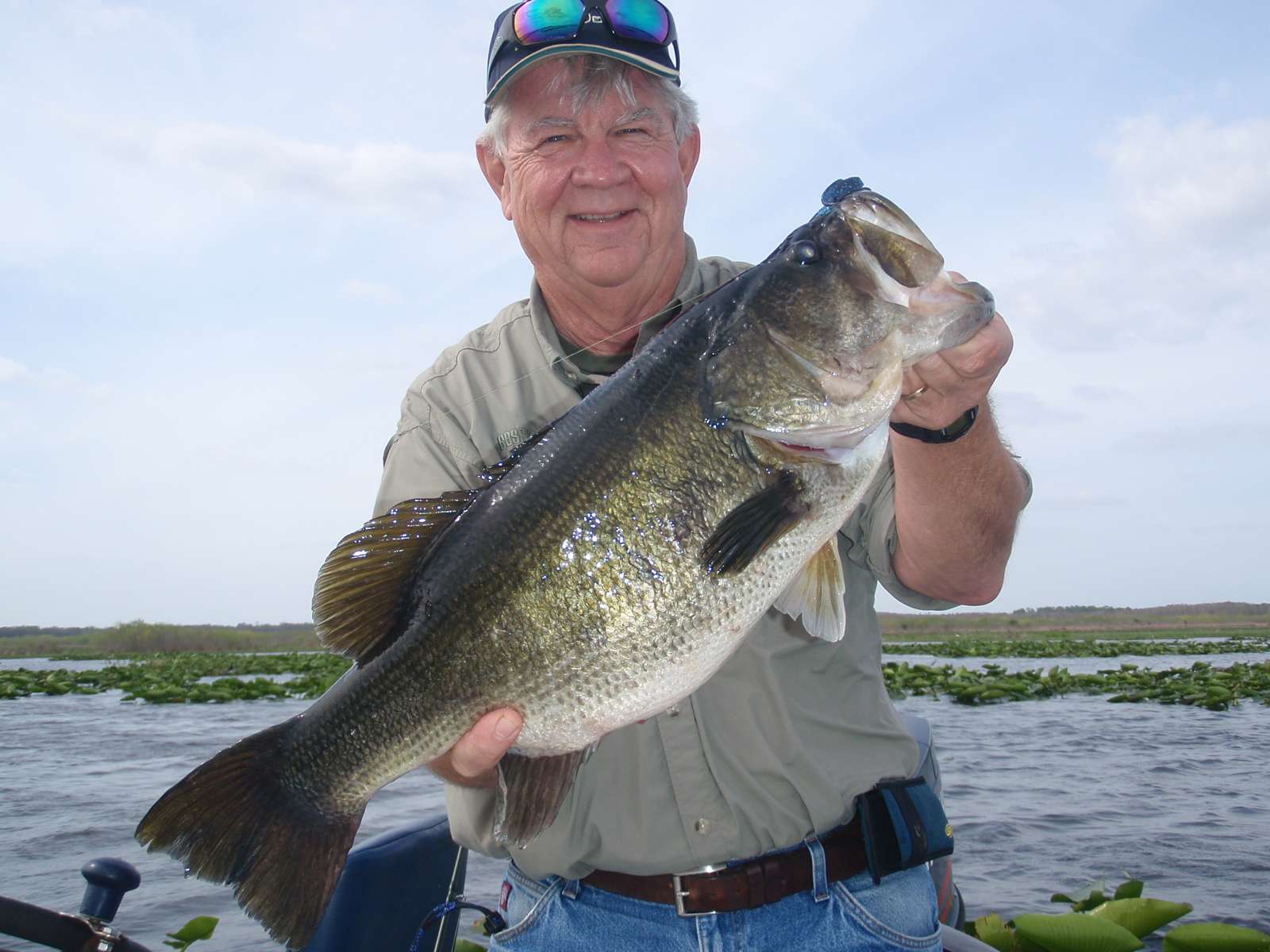
The B.A.S.S. headquarters office that Dave Precht walked into for the first time, 36 years ago this week, was filled with smoke, typewriters and secretaries in high heels.
B.A.S.S. founder Ray Scott had brought in Precht in 1979 to be the eventual editor of Bassmaster Magazine, after training behind then-editor Bob Cobb for a time. It was indeed the job he wanted, but at the time, he would never have guessed he would still be at this same company in the year 2015.
“There were a lot of exciting things those first few years,” said Precht. “It was a small company, almost a one-man show. Every day was some new crusade Ray was on.”
Over the next 3 1/2 decades, B.A.S.S. experienced a lot of the same changes other companies went through during that same period of time — most notably, the digital age. But Precht has been on the inside of a company that has changed ownership three times — when Scott sold B.A.S.S. to colleague Helen Sevier in 1986, when Sevier sold it to ESPN/Disney in 2001 and when ESPN sold it to the current trio of owners in 2010.
Remarkably, he has survived every changing of the guard, a feat no other top official at B.A.S.S. has managed.
Precht will be at the Bassmaster Classic next week, along with the rest of the outdoor world. But few will be in his elite club — people who have been to 38 Bassmaster Classics; he has been to more Classics than Rick Clunn has qualified for.
And, to date, he’s the longest-term employee of the world’s largest bass fishing organization.
Voice of tradition
Precht hasn’t just stayed at B.A.S.S. for so long because he didn’t have opportunity. A headhunter in New York made him an appealing offer once, but he wasn’t even tempted.
“I really didn’t want to leave the South or B.A.S.S.,” said Precht. “The organization was such a part of me.
He decided he wanted to be with B.A.S.S. until the day he retired, a date he still has set far in the future.
“I’ve felt a responsibility to be the voice of tradition and reason in the company,” Precht said. “And I’m so glad I’ve stayed.”
Precht’s ‘voice of tradition’ was heavily leaned upon after the acquisition by ESPN and the subsequent move from the company’s home in Montgomery, Ala., to Celebration, Fla., near Disney World. So much staff was lost or displaced between 2001 and 2005 that Precht was one of the few officials in the company who remembered where B.A.S.S. came from.
“I tried to keep B.A.S.S. at its roots,” said Precht.
But, Precht said, while the company’s core values are something he’s always strived to preserve, he is extremely happy that B.A.S.S. has embraced the new technologies that have developed over the last few decades.
“It’s mind-boggling to look back to when I first started,” he said. “Technology was so backward back then,” said Precht.
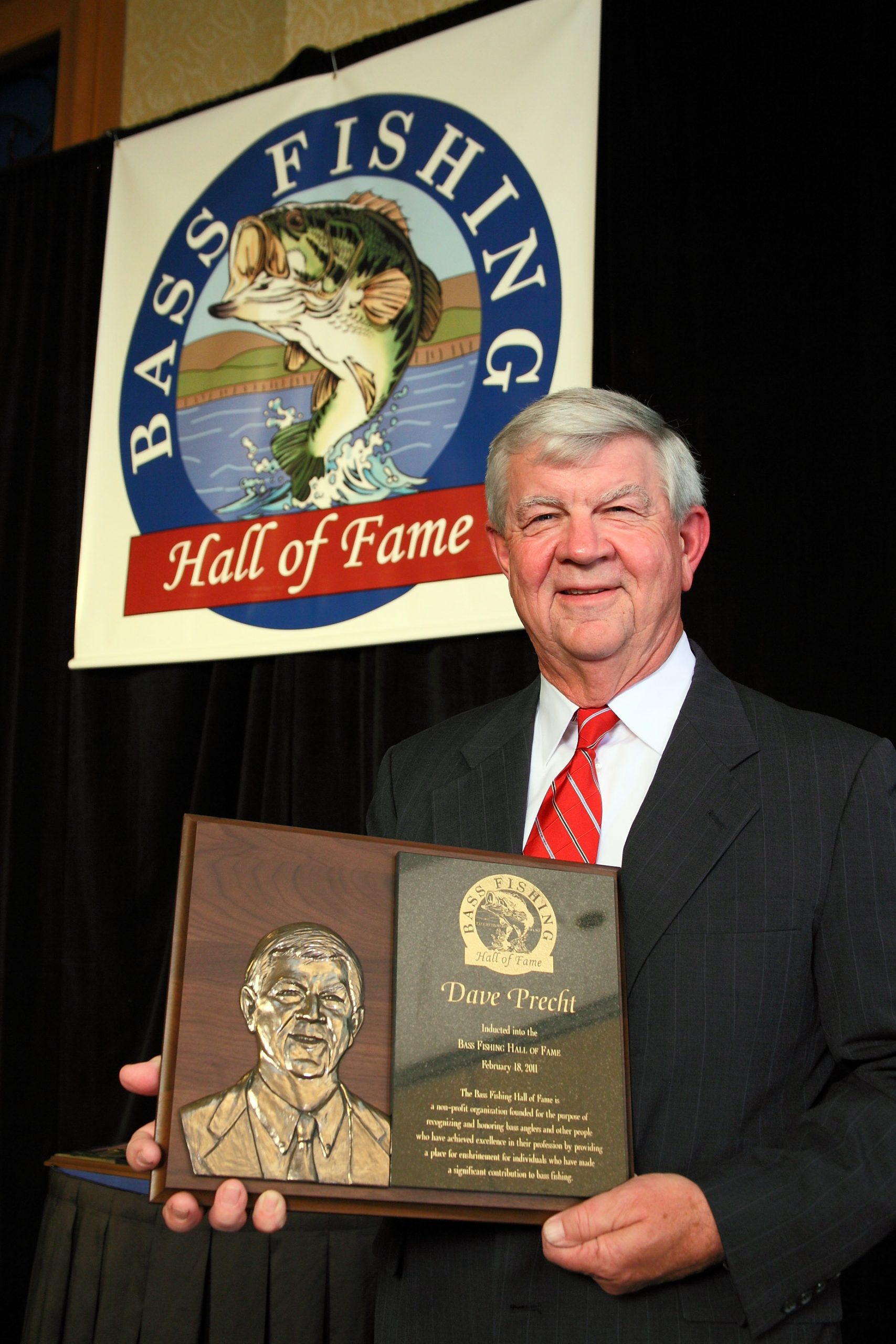 “I complain about how much time I spend on e-mails now, but it’s nothing compared to what we used to have to go through.
“I complain about how much time I spend on e-mails now, but it’s nothing compared to what we used to have to go through.
“I used to try to answer every letter we got, which was six to eight per day,” said Precht, “and with mail, there’s no spam filter!”
Before he took over the reins of Bassmaster or Southern Outdoors, Precht managed the company’s communications department.
“We would stay up until midnight every night of a tournament, sending standings and the daily story to news organizations. We were using a machine that came before the fax machine. We would have to clip the paper in place, dial the number and then wait a whole minute for each individual page to go through. It took so many hours,” said Precht, still grimacing at the memory of all the work, more than 33 years after the last pre-fax-tournament send.
“Now, we can send that information to 1,000 media organizations in minutes using e-mail,” he said. “We could never have reached that many media in those days.”
Technology, at work and in fishing
Precht also remembers the pre-computer days of putting together a magazine. Simply put, he said: “It was menial and laborious.”
“We had typesetters, who had to use scissors to move paragraphs around on a page. And if you had to eliminate a word, you physically had to cut the word out with an X-Acto knife.
He talks of using a glue pot, waxing the paper, choosing slide transparencies and assigning them individual envelopes for the printer to pull from.
“Life got easier when we got computers.”
But not immediately.
His favorite — and also his most difficult ever — issue of Bassmaster was the first one produced completely on a computer.
It was the June/July 1987 edition, the 20th anniversary issue of the magazine.
“The computer was new to everyone in the company. It was extremely slow, and it was a lot to learn. Tensions were high, we were all working all hours, and the art director quit right in the middle of it. I wrote one of the main features for the magazine — five pages of typing — on the computer, hit one wrong key and deleted the whole thing. If it could go wrong, it did.
“I don’t know how we got it out.”
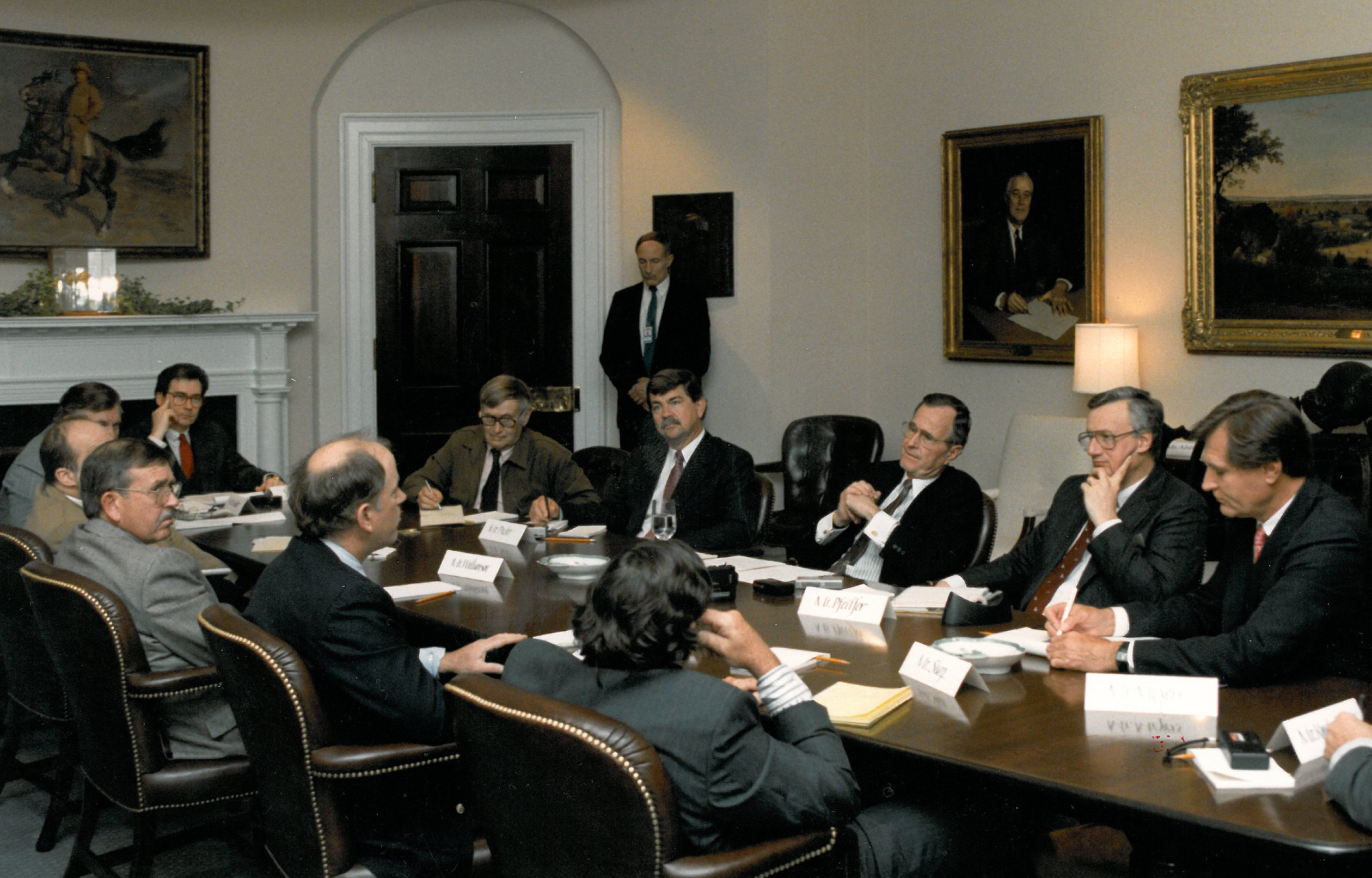 But in the end, the product was good.
But in the end, the product was good.
“It was such a good issue. All the pain was worth it.”
The 20th anniversary edition was a look back at how tackle and boats had progressed, and a look forward at how it would look in the future.
“We nailed it,” said Precht. Looking back, many of the predicted improvements in bass fishing that the magazine suggested have indeed come true, from boat design to reel assemblies.
They’re good improvements, too.
“When I look back over the years, the technologies and tackle were so antiquated,” he said. “There was no drop shot, no shaky worm, no soft jerkbait. My favorite lures may have existed, but no one used them.
“Fishermen are so much better than they used to be. Technology has made the world’s best fishermen so much more effective,” said Precht. “Plus, thanks to improvements in water quality and the establishment of the catch-and-release ethic, many fisheries are more productive than they used to be.”
Print has permanence
From 2007 to 2010, it seemed like the world was calling for an end to magazine production. Everyone was becoming mobile, hashtags were in and all the cool people were saying that if you’re going to make a magazine, the only way anyone will read it is on an iPad. Magazines of all types — from music to general interest to gardening — were crumbling. Advertisers didn’t want to buy ads, citing the recession.
But Precht didn’t flinch.
“The Internet was the darling of outdoor media,” said Precht. “Now we see there’s a place for electronic and print media. News, tournaments and video are great for instant communication via the web, but print has permanence.
“You can learn anything you want on the Internet,” he continued, “but magazines teach you things you don’t know to look for.”
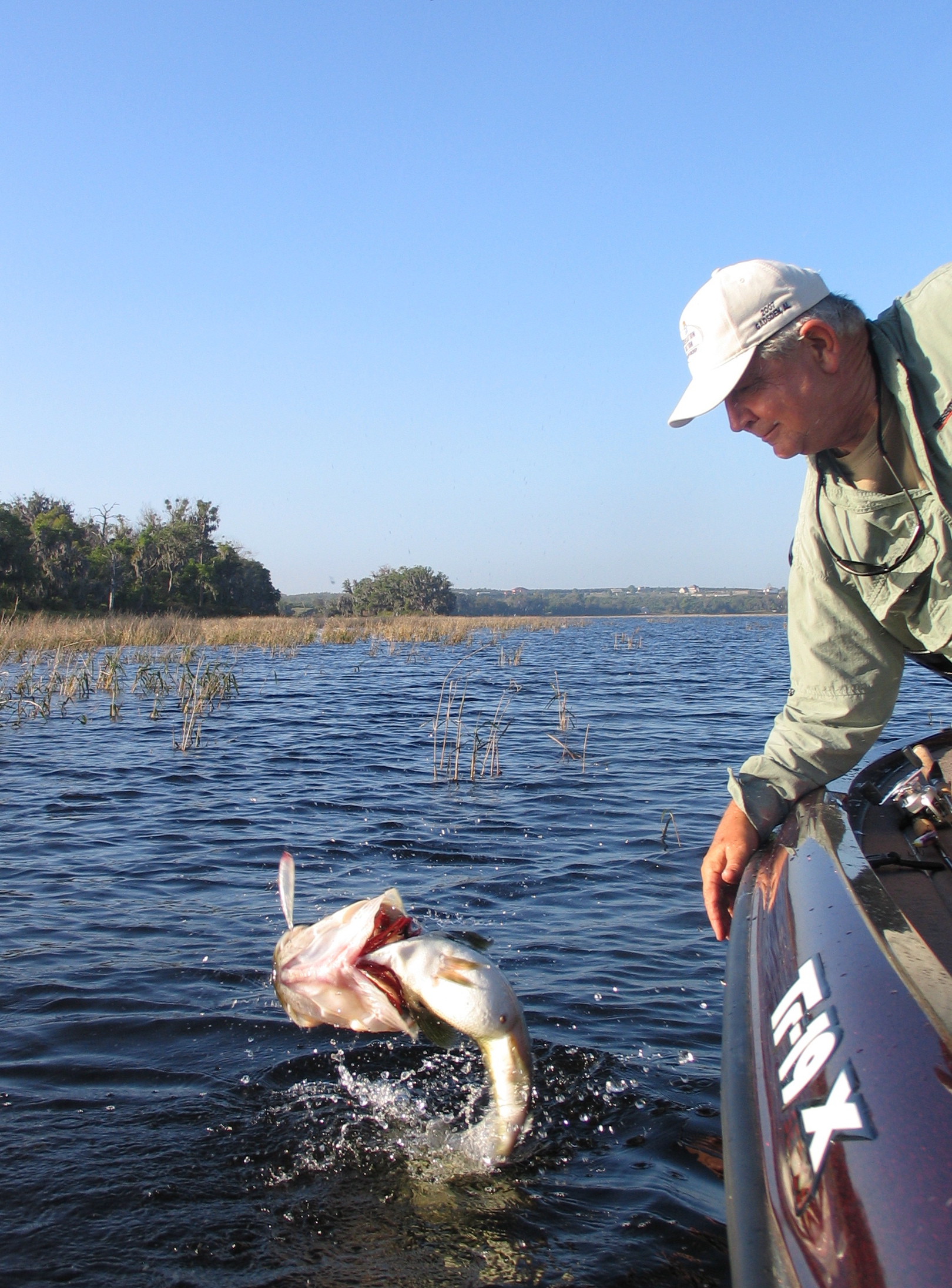 Precht sees Bassmaster and B.A.S.S. Times as a way to educate anglers of all levels.
Precht sees Bassmaster and B.A.S.S. Times as a way to educate anglers of all levels.
“That has always been the mission of our publications, and we’re still learning and sharing new things.”
And preserving the voice of B.A.S.S. is key to him.
“A lot of media have gotten away from family-oriented content,” said Precht, “but bass fishing and the outdoors in general still appeal to youngsters and families. Parents know that bass fishing as a sport is wholesome, and it should be in media as well.
“Over the years, I’ve been proud to work at B.A.S.S. and in this industry. Everybody ought to have a career in which they’re able to say that.”

